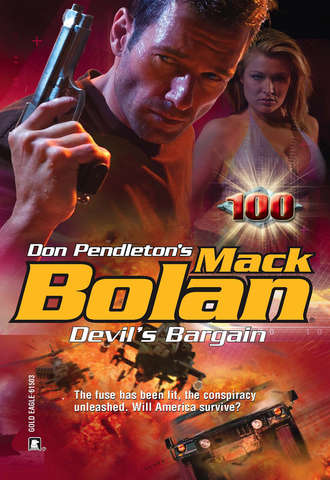Devil's Bargain

Полная версия
Devil's Bargain
Жанр: приключениядетективызарубежные приключениясовременная зарубежная литературашпионские детективыкниги о приключениях
Язык: Английский
Год издания: 2019
Добавлена:
Настройки чтения
Размер шрифта
Высота строк
Поля
Конец ознакомительного фрагмента
Купить и скачать всю книгу








